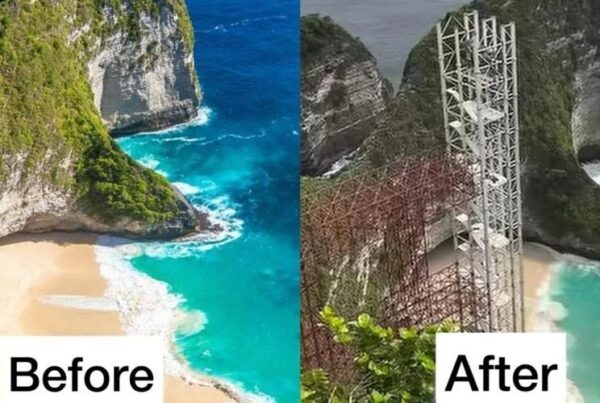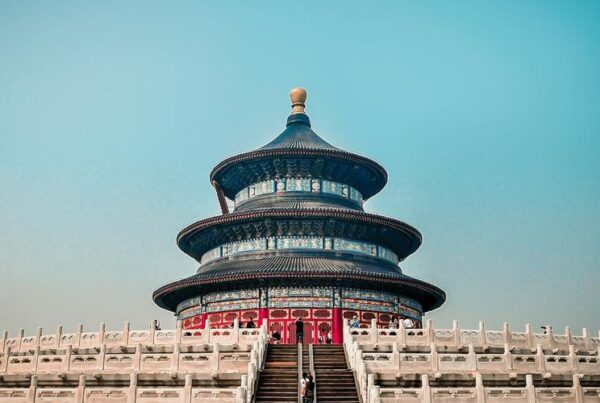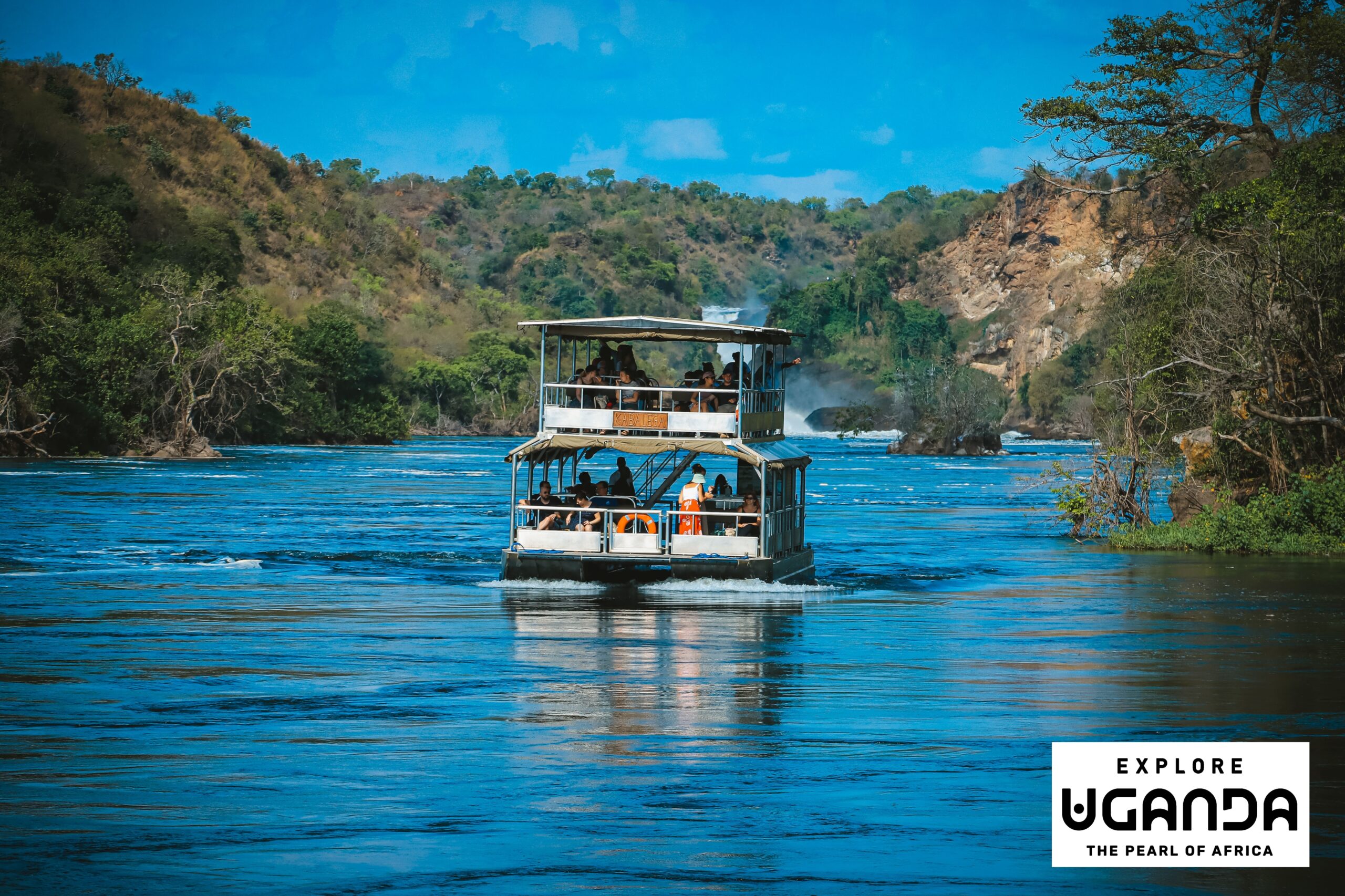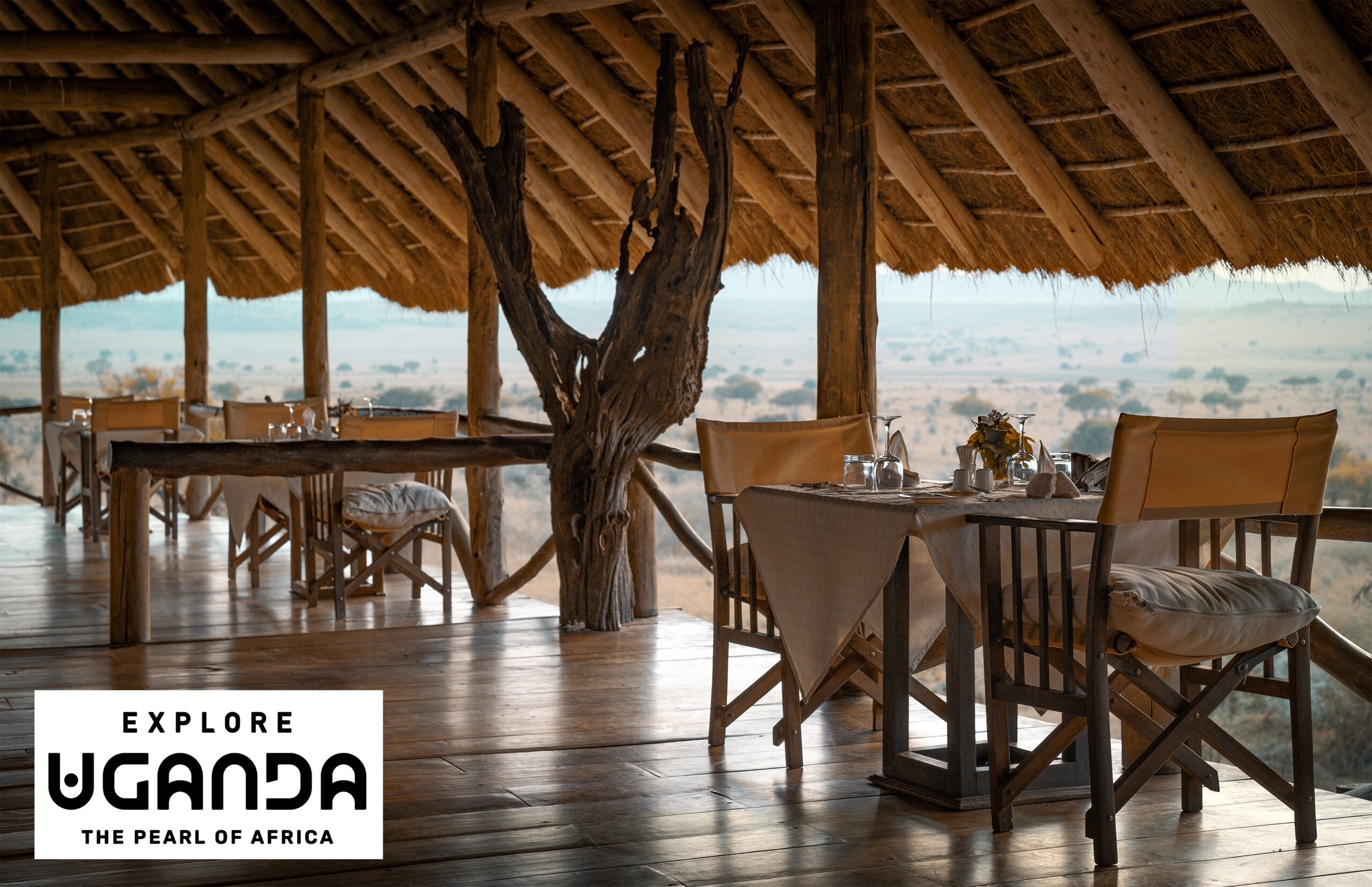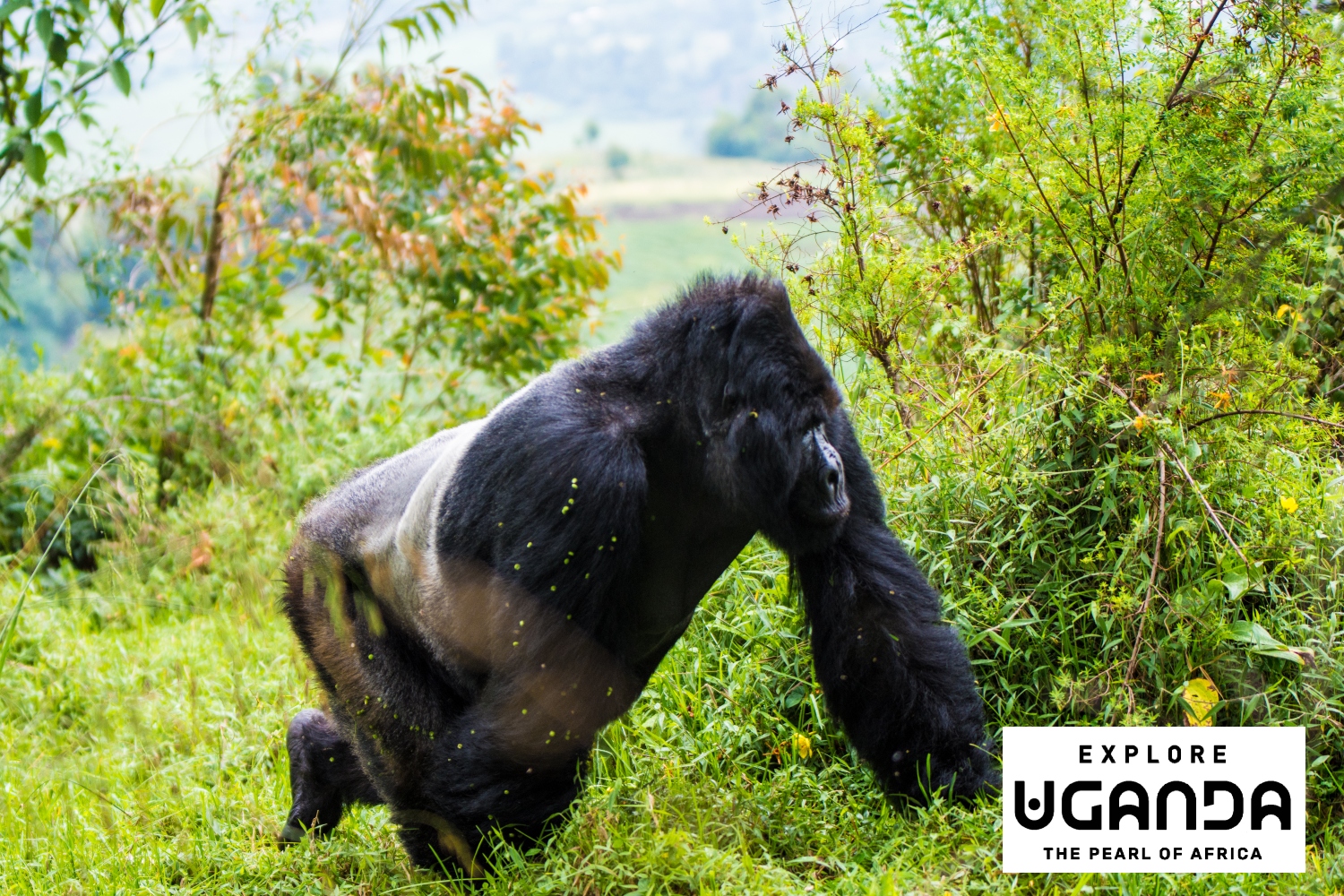Asia Pacific’s first Wellness Tourism Summit will be held at Elements of Byron in Byron Bay in New South Wales from September 4 -5.
Ahead of the event, Traveltalk’s Health & Wellness columnist TRACEY LEITCH shines a spotlight on this important, valuable and growing sector of the tourism industry.
Wellness travel, also known as wellness tourism, is a form of travel that prioritises the enhancement or maintenance of one’s personal well-being – physically, mentally and emotionally.
Unlike traditional holidays focused on sightseeing or leisure, wellness travel is intentionally designed to rejuvenate the mind and body through activities such as yoga, meditation, spa treatments, healthy eating, exercise and nature immersion.
A defining element of modern wellness tourism is the commitment to making a positive impact on the places you visit.
 Travellers increasingly seek destinations and experiences that support environmental stewardship, cultural preservation and community well‑being, ensuring their journey benefits not only themselves but also the host destination.
Travellers increasingly seek destinations and experiences that support environmental stewardship, cultural preservation and community well‑being, ensuring their journey benefits not only themselves but also the host destination.
By choosing eco-friendly accommodations, supporting local artisans and community-led initiatives, and minimising negative environmental footprints, wellness travel becomes a conduit for sustainable, responsible and regenerative tourism.
In essence, wellness travel is not just about personal renewal – it’s about travelling with intention, nurturing your health while positively contributing to the cultural, social and environmental vitality of the communities and ecosystems you explore.
Key Aspects of Wellness Travel
Holistic Health Focus: Wellness tourism emphasises a comprehensive approach to health, addressing physical, mental, emotional and spiritual well-being.
Diverse Experiences: Activities range from yoga retreats and meditation sessions to spa treatments, exercise challenges and healthy culinary experiences.
Primary vs. Secondary Wellness Tourism:
Primary: The main purpose of the trip is wellness.
Secondary: Wellness activities are a part of a broader travel experience.
Economic Impact: The wellness tourism industry is significant, with the global market valued at $850.55 billion in 2021 and projected to reach $2.1 trillion by 2030.
Considerations and Cautions
While wellness travel offers numerous benefits, it’s essential to approach it thoughtfully:
Quality and Regulation: Not all wellness retreats are created equal. Some may lack proper regulation or qualified professionals, leading to potential risks.
Personalisation: It’s crucial to choose experiences that align with individual health needs and preferences.
Cultural Sensitivity: Engaging in wellness practices rooted in different cultures requires respect and understanding.
In summary, wellness travel is a growing sector that offers travellers opportunities to focus on their well-being.
By selecting reputable and suitable experiences, individuals can enhance their health and gain meaningful insights during their journeys.
https://www.wellnesstourismsummit.com.au/

